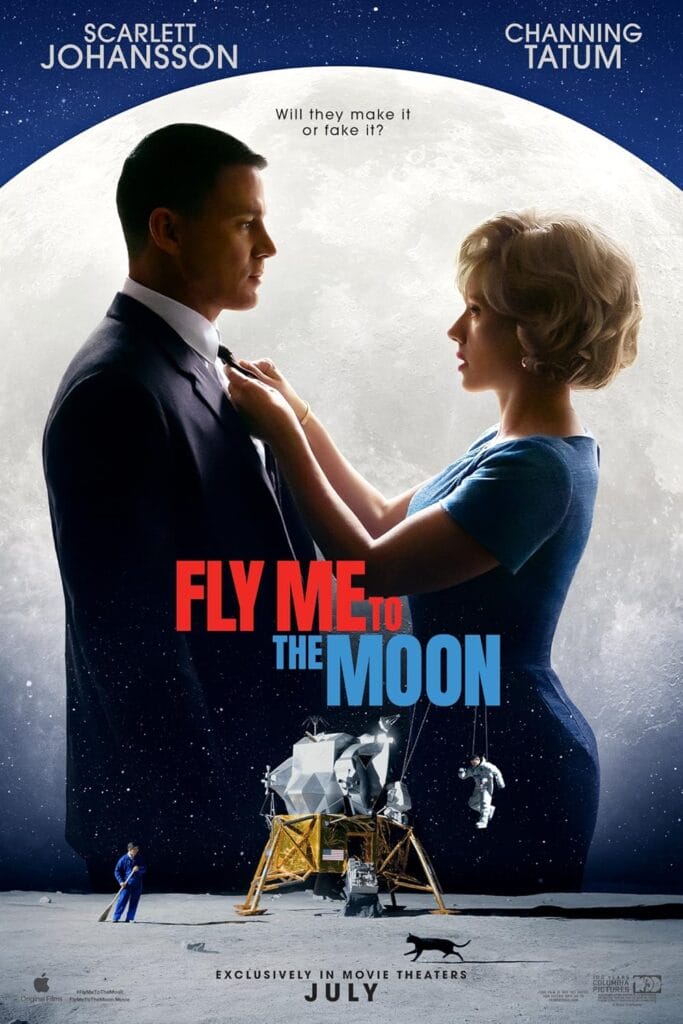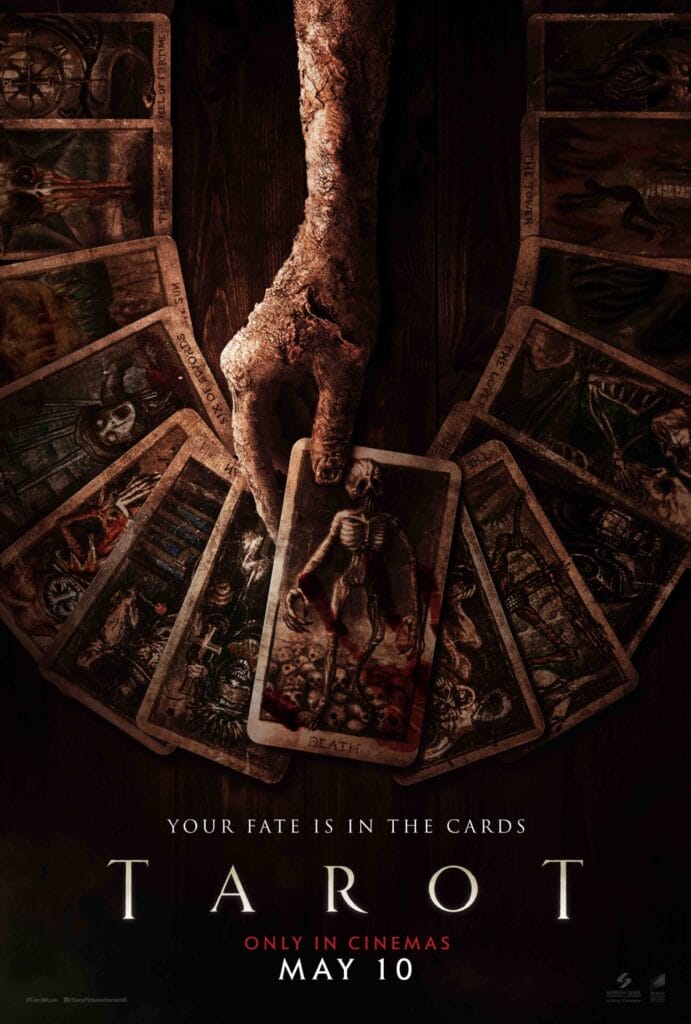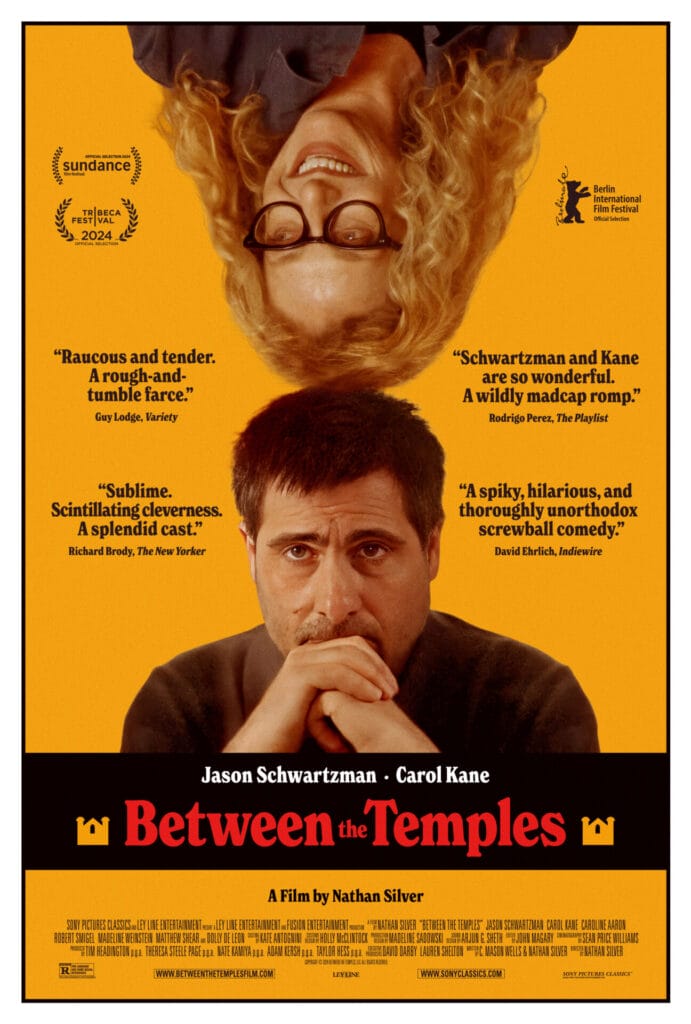SUMMARY
Considering the quality, quantity, and diversity of films distributed under the Sony Pictures Entertainment banner, GLAAD has rated Sony Pictures Entertainment as INSUFFICIENT.
It is disappointing to see both the number and percentage of LGBTQ-inclusive films drop year-over-year for Sony. Though there were noteworthy supporting LGBTQ characters in films such as Fly Me to the Moon, Tarot, and Between the Temples, there were no LGBTQ leads seen across Sony’s slate.
HISTORY
Founded as Cohn-Brant-Cohn (CBC) Film Sales in 1918, the studio was renamed Columbia Pictures in 1924. During the 1920s, Columbia Pictures garnered prestige through its association with director Frank Capra, producing some of the biggest films and stars in classic Hollywood. In the late 1980s, the studio was briefly acquired by Coca-Cola and launched TriStar pictures, which was its own entity until Sony purchased it in 1989. Since 1992, Sony Pictures Classics, Sony Pictures Entertainment’s indie film label, has acquired, produced and distributed independent, documentary and arthouse films. Sony entered into multi-year deals with Netflix and The Walt Disney Company in 2021 to host films on their streaming platforms, including Disney+ and Hulu, following theatrical releases. Also in 2021, Sony acquired anime streaming service Crunchyroll from WarnerMedia and AT&T. Legendary Entertainment then reached a distribution deal with Sony to distribute its future slate of films in 2022, excluding Warner Bros.’ Dune and MonsterVerse films. Currently, Sony Pictures Entertainment distributes films from its many imprints including Columbia Pictures, TriStar Pictures, Sony Pictures Classics, Sony Pictures Animation, Screen Gems, Affirm Films and Crunchyroll.
Sony Pictures Entertainment has an inconsistent history in terms of LGBTQ representation. Columbia’s political thriller Advise and Consent (1962) and TriStar’s neo-noir Basic Instinct (1993) were denounced by LGBTQ groups, including GLAAD, for their poor queer roles. In more recent years, Sony has released LGBTQ-inclusive films such as GLAAD Media Award nominees A Man Called Otto (2022), Shortcomings and Anyone But You (2023), as well as Our Ladies (2021), Whitney Houston: I Wanna Dance with Somebody (2022), and Dumb Money (2023). Sony Pictures Classics has released some high-profile LGBTQ-inclusive films, notably including the documentary The Celluloid Closet (1995), based on GLAAD co-founder Vito Russo’s book of the same name which explores the rich history of LGBTQ representation in cinema. Other inclusive films from Sony Pictures Classics include GLAAD Media Award winners Call Me By Your Name and A Fantastic Woman (2017) and Parallel Mothers (2021); as well as GLAAD Media Award nominees Pain and Glory (2019) and I Carry You With Me (2021).


 This comedy follows a fictionalized NASA public relations team in a timeline where the Nixon administration attempts to fake the moon landing. For the staging of the moon landing, they hire Lance Vespertine, an auteur director, who is gay. Verspertine plays a significant role in the film, and is defined by his job more than his sexuality. It is notable that he is out in a film that takes place in the ‘60s and that his story does not lean into the tired self-loathing often seen in period pieces.
This comedy follows a fictionalized NASA public relations team in a timeline where the Nixon administration attempts to fake the moon landing. For the staging of the moon landing, they hire Lance Vespertine, an auteur director, who is gay. Verspertine plays a significant role in the film, and is defined by his job more than his sexuality. It is notable that he is out in a film that takes place in the ‘60s and that his story does not lean into the tired self-loathing often seen in period pieces. Tarot follows a group of friends who pull a tarot card reading on vacation together with each character then dying in the way their card had depicted. One of the friends in the group is Paige, who booked the trip for her girlfriend Elise’s birthday. Though it is made clear they are dating, the moments of confirmation happen so quickly that many audience members may not pick up on it. Further, Elise is the first person to be killed off and Paige eventually dies as well, even though the straight couple central to the film both survive. Though having a queer couple in this friend group is an accurate representation of queerness in young friend cohorts, the film could have done better to subvert tropes by developing the character’s relationship further and/or ensuring the character’s survival.
Tarot follows a group of friends who pull a tarot card reading on vacation together with each character then dying in the way their card had depicted. One of the friends in the group is Paige, who booked the trip for her girlfriend Elise’s birthday. Though it is made clear they are dating, the moments of confirmation happen so quickly that many audience members may not pick up on it. Further, Elise is the first person to be killed off and Paige eventually dies as well, even though the straight couple central to the film both survive. Though having a queer couple in this friend group is an accurate representation of queerness in young friend cohorts, the film could have done better to subvert tropes by developing the character’s relationship further and/or ensuring the character’s survival. This dramedy follows Ben, a Jewish cantor whose wife passed away, as he moves back home and strikes up a relationship with an older woman seeking a bat mitzvah. Ben has two mothers in this movie, Meira, his biological mother, and Judith, who is Filipino and converted to Judaism when she met Meira. Both mothers, especially Judith, meddle in Ben’s life to try and find him a new girlfriend, but this is clearly done with affection. The casual inclusion of a significant lesbian couple, and especially women who are slightly older, is a welcome step forward.
This dramedy follows Ben, a Jewish cantor whose wife passed away, as he moves back home and strikes up a relationship with an older woman seeking a bat mitzvah. Ben has two mothers in this movie, Meira, his biological mother, and Judith, who is Filipino and converted to Judaism when she met Meira. Both mothers, especially Judith, meddle in Ben’s life to try and find him a new girlfriend, but this is clearly done with affection. The casual inclusion of a significant lesbian couple, and especially women who are slightly older, is a welcome step forward.










